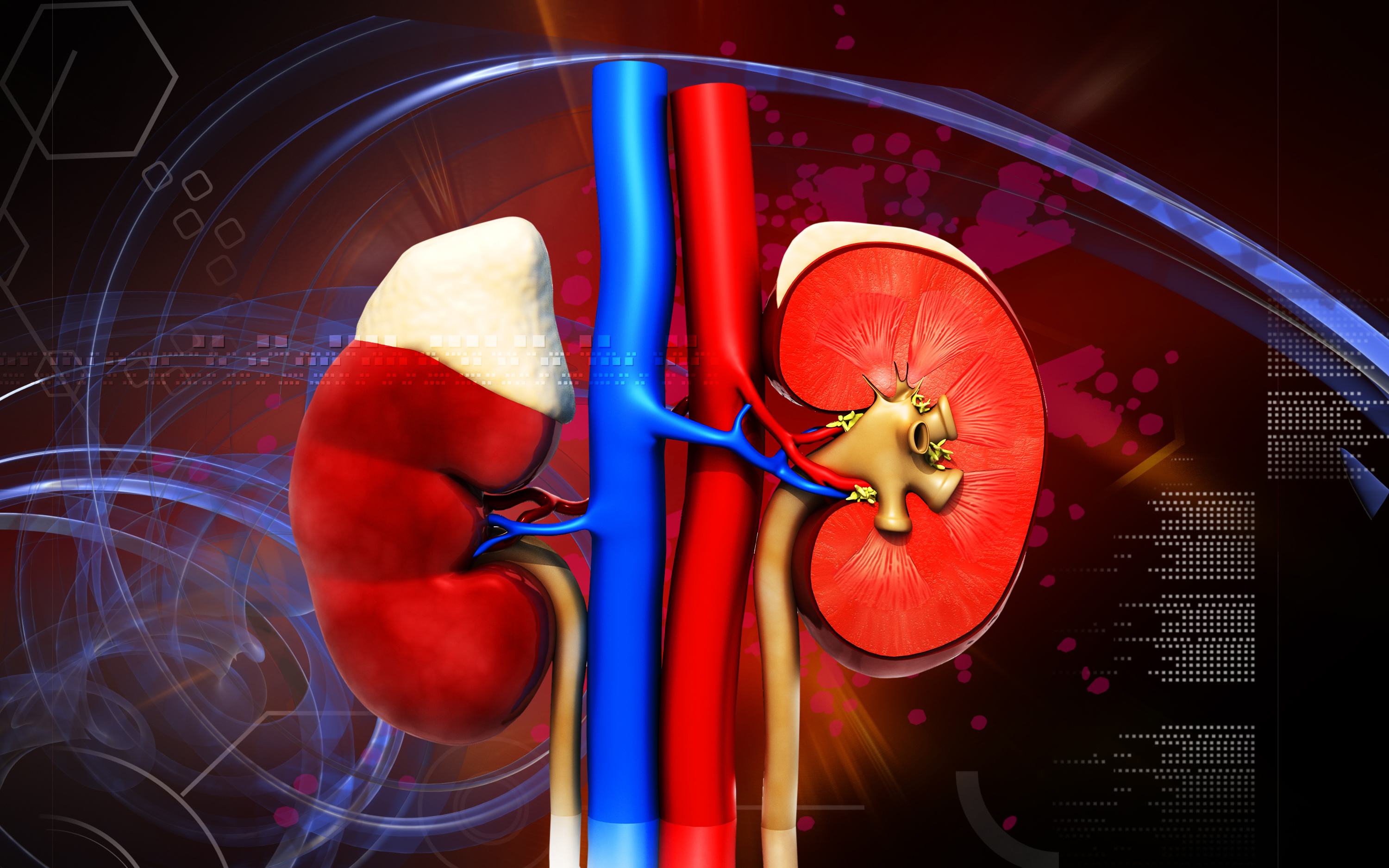
Acute Kidney Injury Part I: Definition and diagnosis
General Information
Enrolled trainees 2888
Open 11.11.2022
Available for ESICM members
Student effort 2
Last Updated April 11, 2024
Enrollment Options
You are currently NOT enrolled in this course.
This course is available only for registered ESICM members.
If you are an ESICM member you can enrol yourself by clicking the Enrol Me button.
If there is no Enrol button on the top left of this card please check that you have login and that you are an ESICM Member.
Verify that you are logged in the Academy using your valid ESICM account to enrol yourself in the course.
Disclaimer
All authors of ACE courses sign a document declaring absence or any actual or potential conflicts of interest. In addition, they sign a copyright document confirming the work is their own and that they have obtained the necessary permission for any copyrighted material. The latter document also transfers the intellectual copyright to the ESICM. Both the conflict of interest and copyright forms are filed and stored in compliance with GDPR and are available for inspection upon request.
